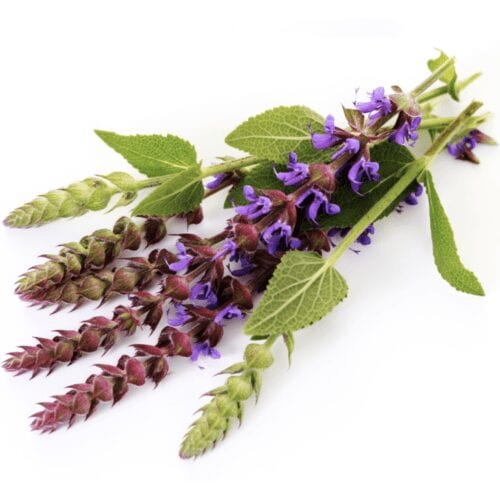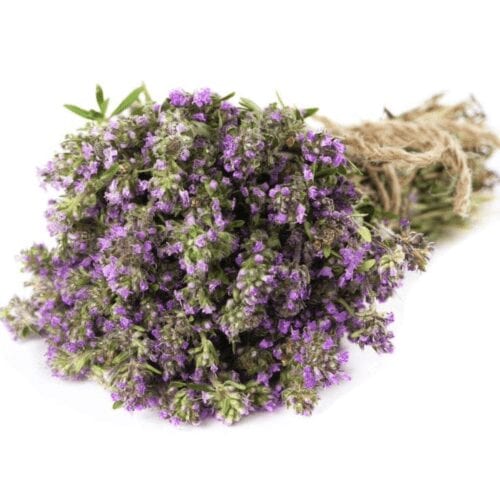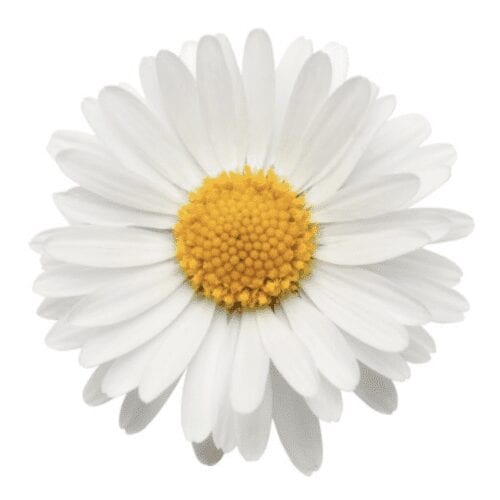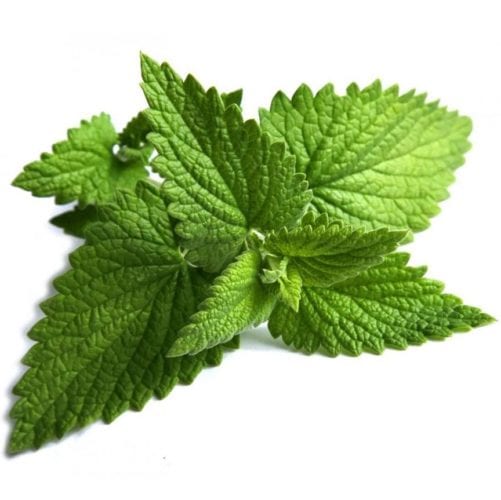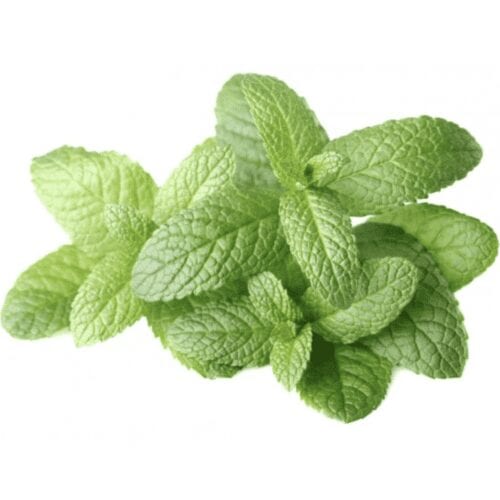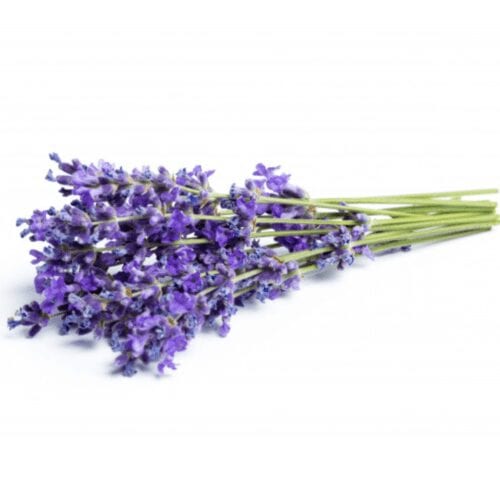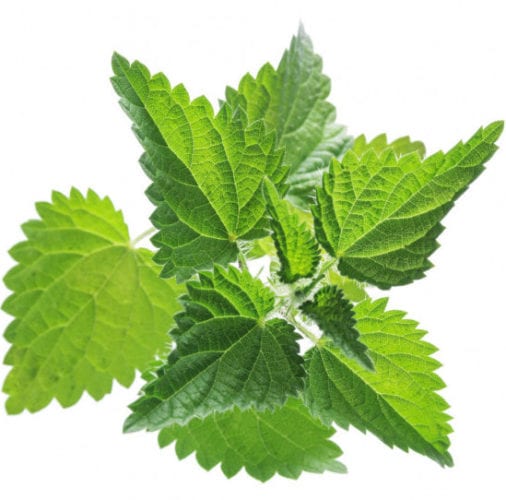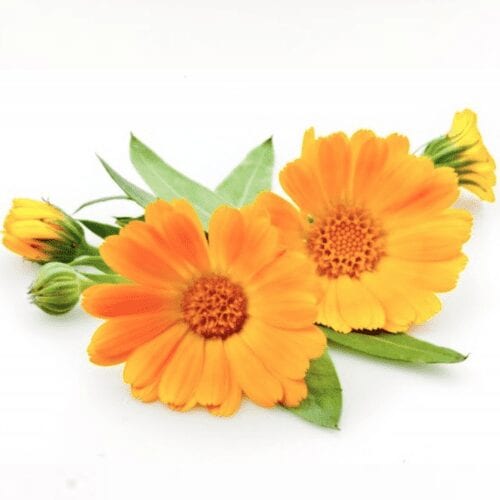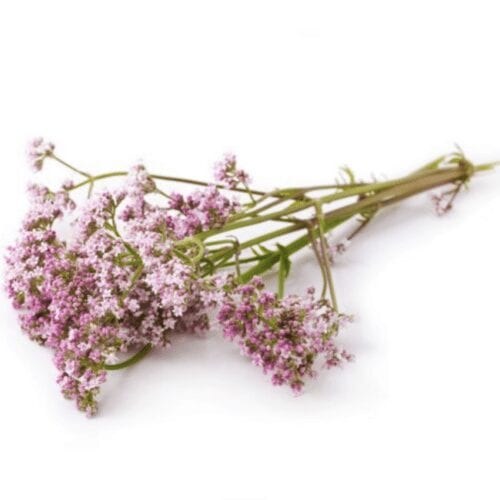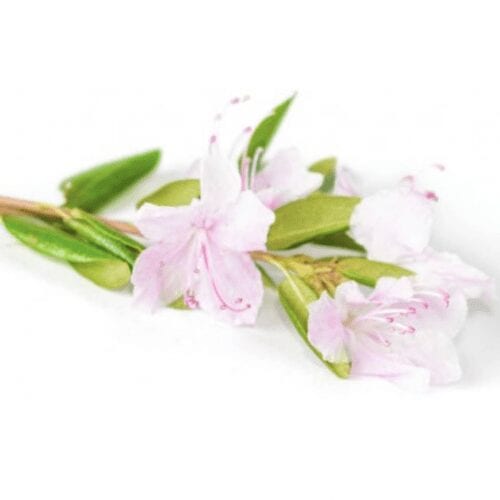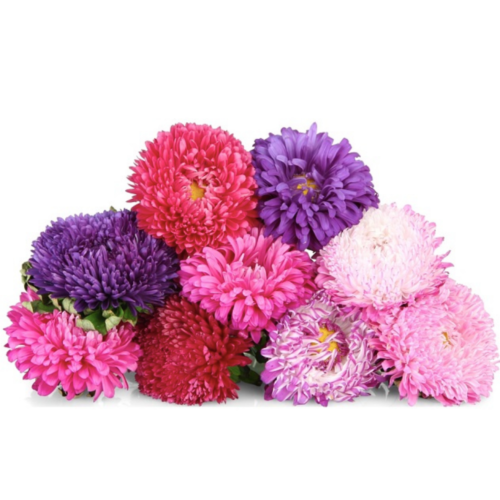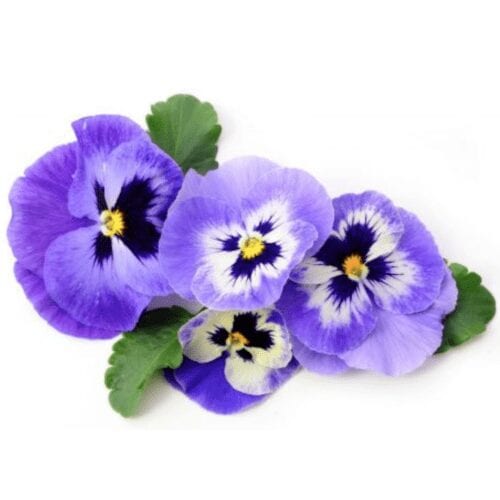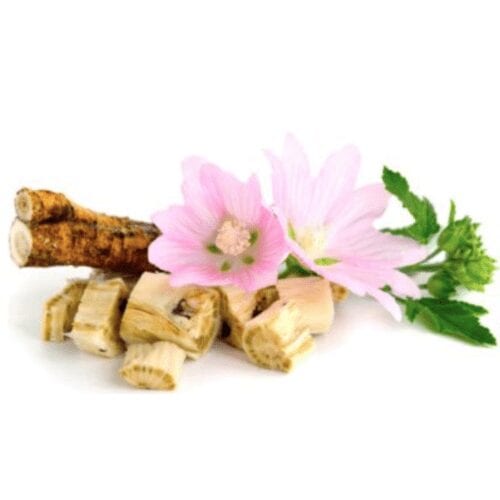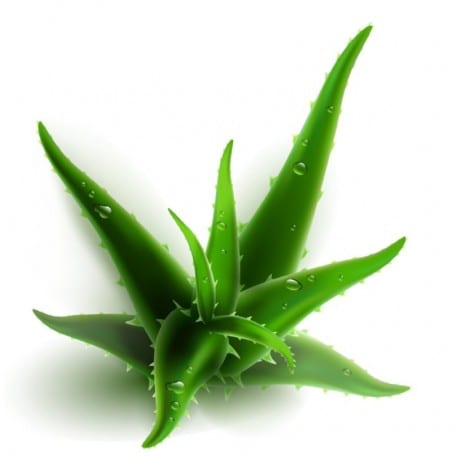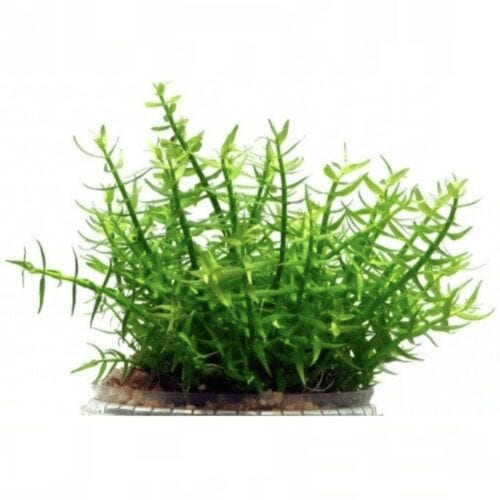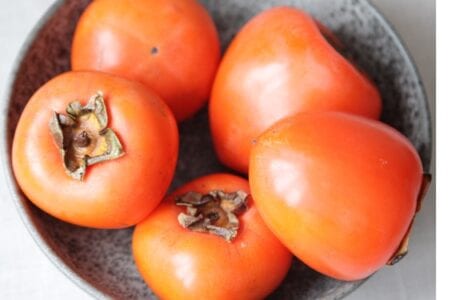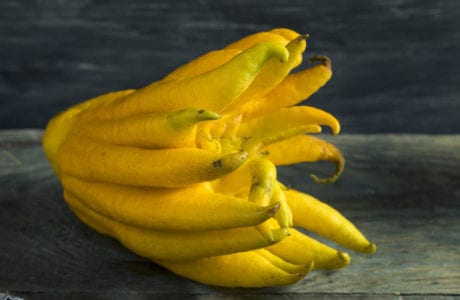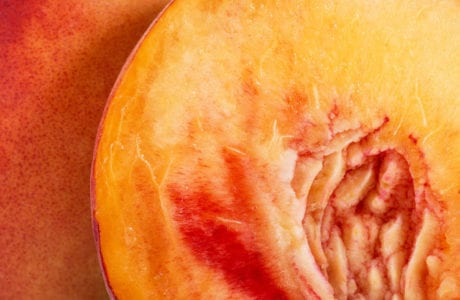List of Herbs
Herbal Articles
About Herbs

The healing power of most herbs lies in their natural composition. Unlike pills, plants do not contain chemical additives and rarely cause side effects.
The medicinal properties of herbs are used both in folk medicine and in pharmacology. Many plants are useful in treating various diseases.
The benefits of herbs
For example, mint is used in the treatment of coughs, colds, cataracts, and epilepsy. Decoctions of chamomile and lingonberry are useful for arthritis and various diagnoses of neuralgia.
Tincture of calendula has an anti-inflammatory effect, it is used to heal wounds, cuts, bites, and so on. Sage treats female infertility and relieves headaches. Ginseng root is famous for boosting immunity, fighting viruses, and lowering blood sugar.
Aloe purifies the blood, treats diseases of the nervous, cardiovascular, digestive and urinary systems. Nettle increases the level of hemoglobin in the blood, fights skin boils, acne and eczema.
Alfalfa helps women’s health during menopause, is recommended for cystitis, hemorrhoids and prostatitis, promotes the release of kidney stones.
Harm of herbs
Most herbs have no side effects. However, you need to remember about the correct dosage and concentration (in the same herbal decoctions and tinctures). Overdose can cause body poisoning, headaches, dizziness and nausea.
Also, if a person has chronic diseases (kidney, stomach, heart disease), then before using herbal settings, you must first consult a doctor. Otherwise, the use of herbs can worsen a person’s well-being.
For example, wormwood is not recommended for anemia, stomach ulcers, gastritis. Motherwort is contraindicated in arterial hypotension and stomach ulcers. Echinacea is harmful to pregnant women as well as those with autoimmune diseases or tuberculosis.
How to choose the right herbs
When buying herbs from a pharmacy, be guided by the date of collection of herbs. It is important that the date coincides with the season when the first fruits of this plant ripen.
For example, for chamomile and ginseng it is June, for echinacea it is August. Also, pay attention to the shelf life and storage conditions.
It is important that the packaging is made of paper or cloth, not a plastic bag. Because essential oils react with plastic to form compounds that are hazardous to health.
Storage conditions. Keep herbs in a dry place and in sealed containers so that they do not get wet.










